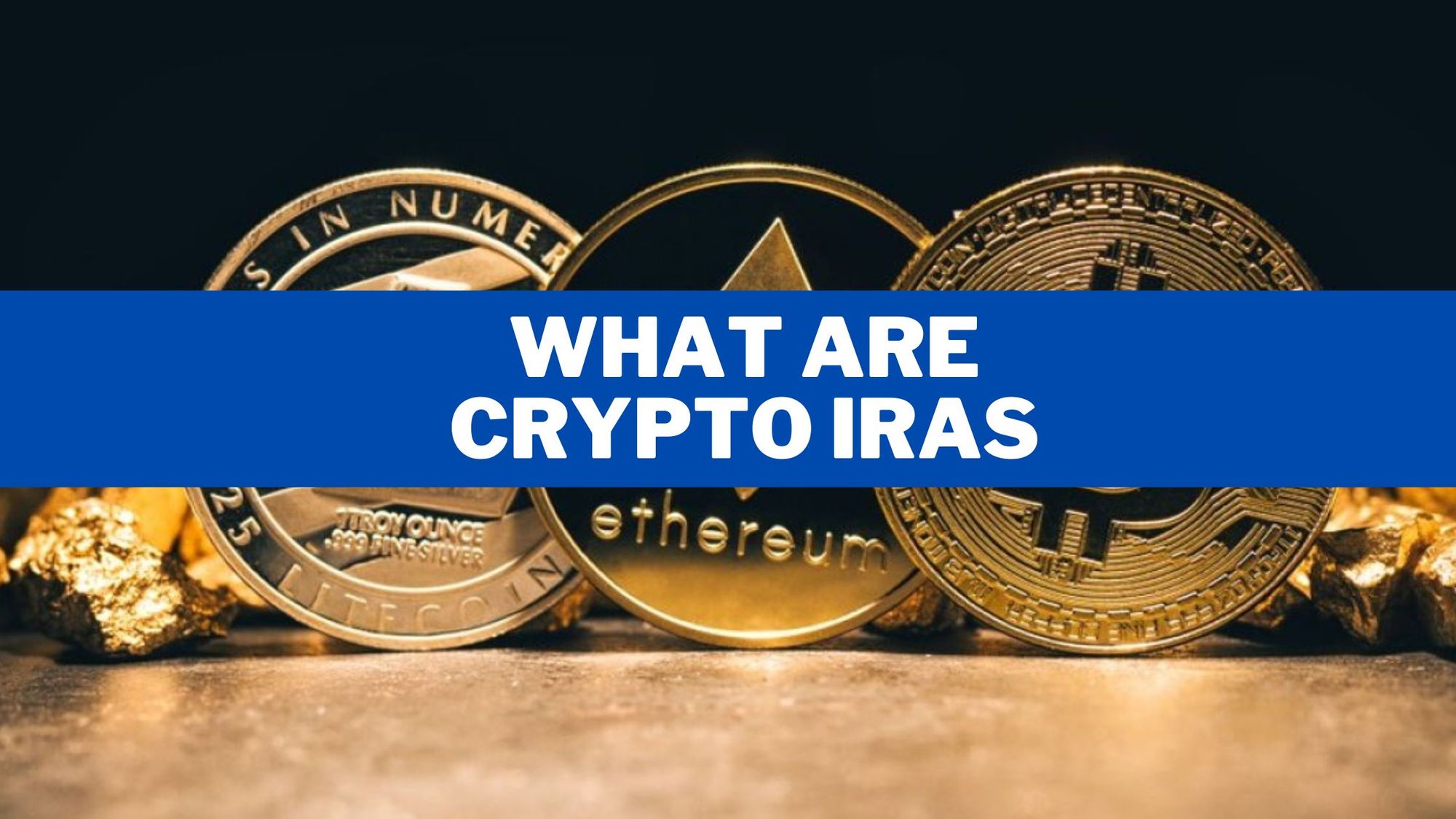DEFINITION:
Self-Directed IRA custodian (also known as a passive custodian or trustee in retirement planning) allows IRA holders to engage in non-traditional investments.
What is a Self-Directed IRA Custodian?
A Self-Directed IRA (SDIRA) Custodian is a financial institution that holds and safeguards the assets in a Self-Directed Individual Retirement Account.
Unlike regular IRA custodians who typically limit investments to stocks, bonds, and mutual funds, SDIRA custodians allow for a broader range of investments, including real estate, precious metals, private placements, and, in some cases, cryptocurrencies like Bitcoin (these are often referred to as Crypto IRAs).
Key responsibilities and aspects of a Self-Directed IRA Custodian include:
- Holding Assets: The custodian holds the IRA assets and ensures they are kept safe. This can include holding physical assets like gold bars or real estate titles, or digital assets if cryptocurrencies are involved.
- Administrative Duties: They handle administrative tasks such as reporting to the IRS, providing account statements, and processing transactions like contributions, distributions, and investments.
- Compliance and Regulation: SDIRA custodians ensure that your account complies with IRS rules and regulations. This includes enforcing contribution limits, distribution rules, and prohibited transactions.
- Investment Execution: While the custodian does not provide investment advice, they execute the investment decisions made by the IRA holder. This means they facilitate the purchase and sale of the chosen investments.
- Fee Structure: SDIRA custodians charge fees for their services, which can vary based on the types of investments and the level of service provided. These fees are typically separate from any investment-related expenses.
- Investor Responsibility: It’s important to note that in a Self-Directed IRA, the investor is responsible for all investment decisions, including due diligence on potential investments. The custodian does not typically vet or endorse specific investments.
- Non-Traditional Investments: SDIRA custodians are known for allowing investments in non-traditional assets like private companies, tax lien certificates, or physical assets, which are not usually available in standard IRAs.
When choosing a Self-Directed IRA Custodian, it's crucial to research their reputation, fee structure, customer service, and the range of investment options they allow. It's also advisable to consult with a financial advisor or tax professional to understand how a Self-Directed IRA fits into your overall retirement and investment strategy.
What are the Responsibilities of the IRA Custodian?
The main responsibility of the self-directed IRA custodian is to facilitate transactions for the IRA holder as well as take custody of the IRA-owned investments. The IRA custodian is not considered a fiduciary and does not provide any investment advice as part of their duties.
Self-directed individual retirement accounts have been made available to better serve the needs of investors and offer greater control and a wider selection of investment options for investors.
This investment vehicle has become very popular among cryptocurrency investors for its tax advantages when compared to investing in a personal capacity.
You May Also Like:




